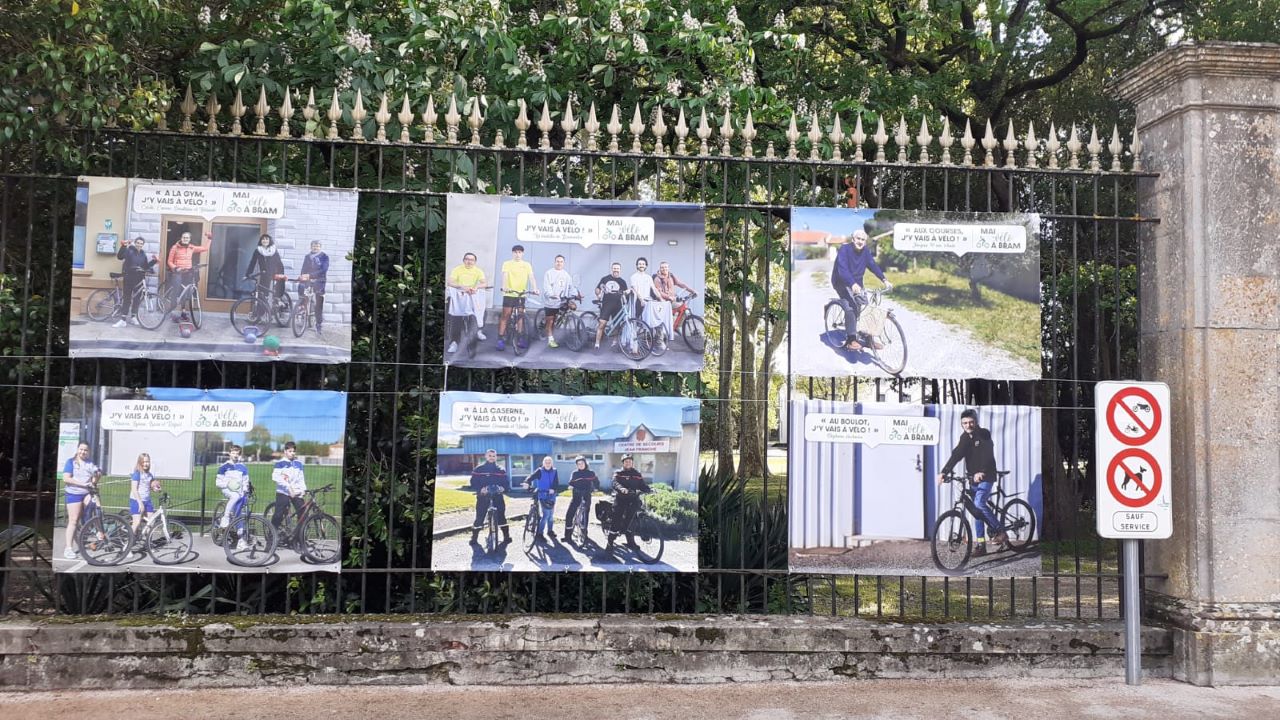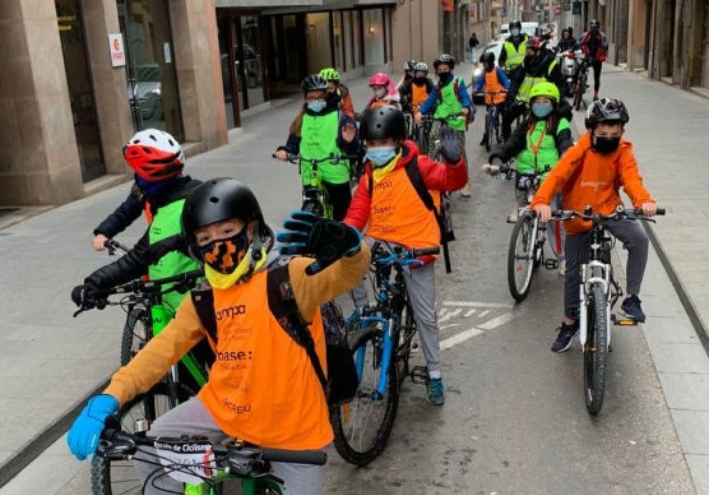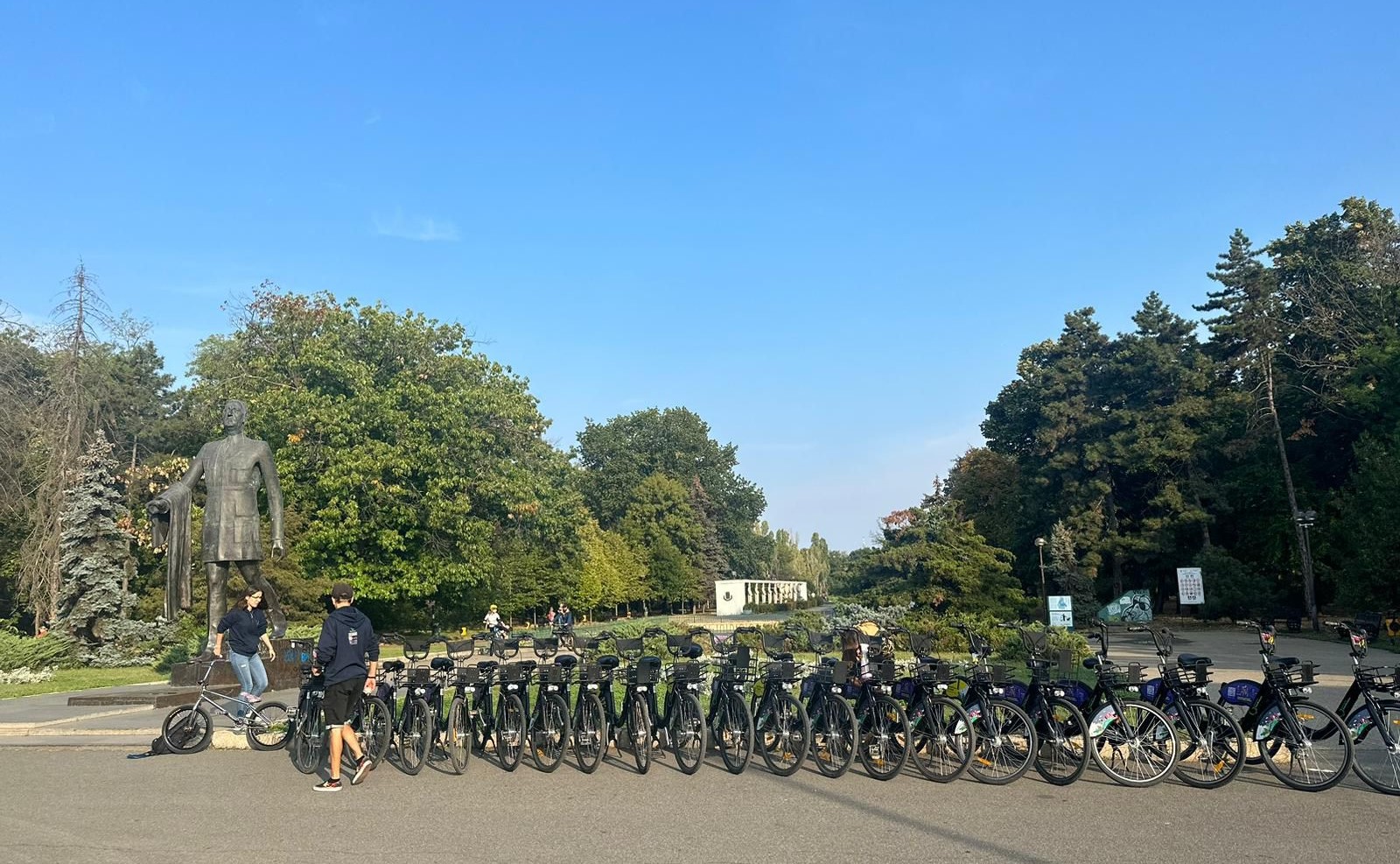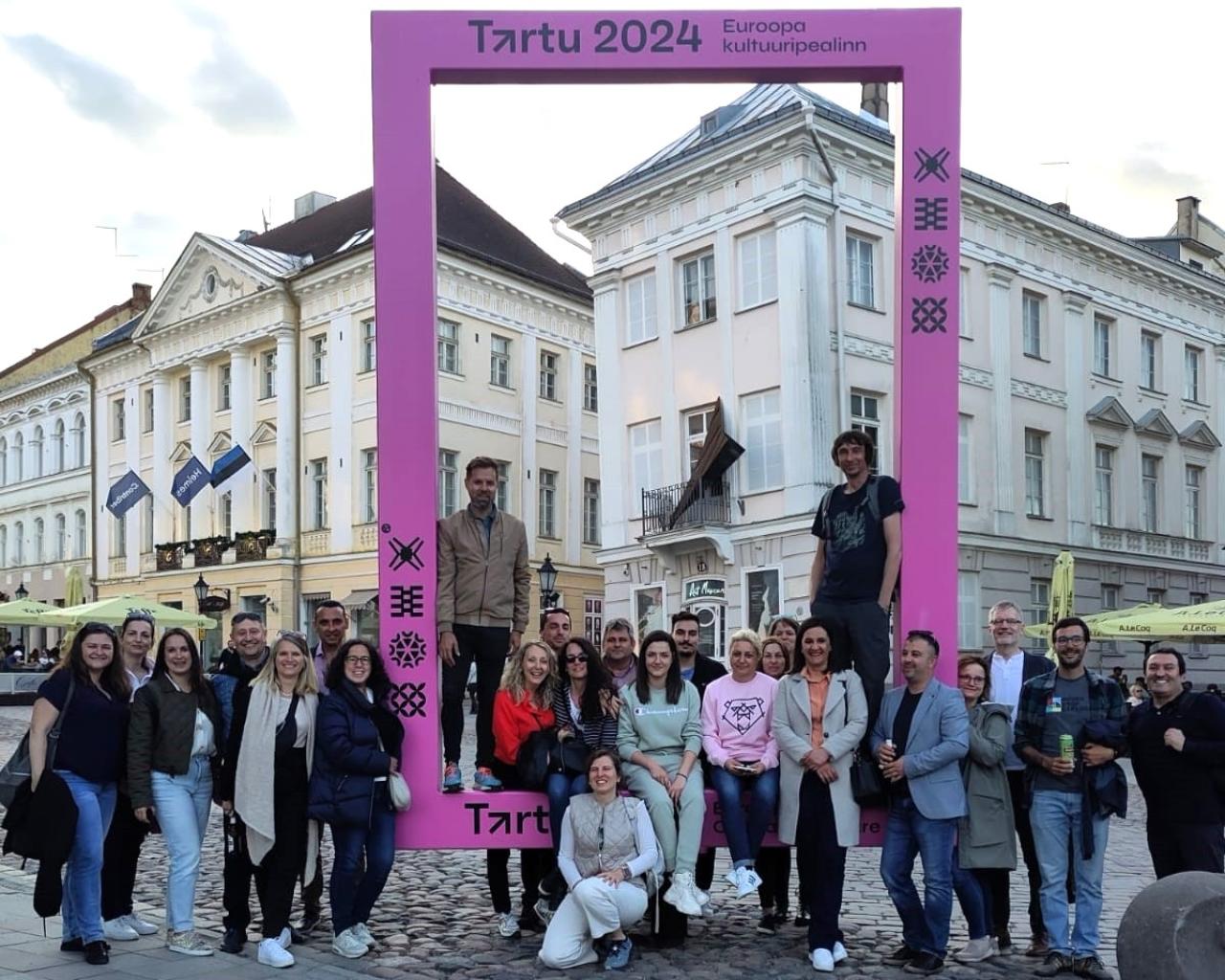After this second meeting, we can undoubtedly affirm that the in-person presence of the network means a greater opportunity to deepen mutual knowledge, both of the teams and of the realities that occur across Europe. The exchange of knowledge and experience, which is an essential part of the URBACT Programme, is strengthened not only by the formal sessions planned for this purpose, but also by the endless informal conversations that occur spontaneously, whether during transfers, inspiring visits, shared meals, and social activities. Meeting in person allows us to get to know each other better and to find what we can grow in together.
In the case of the 2nd TNM Citizens' Journey, one of the most intensive exchanges occurred during the Network Coordination Meeting. The aim was to identify common challenges to address through small-scale actions and pilot tests.
The initial activity grouped teams based on their greatest challenge. The majority shared a concern for "Changing habits and routes of inhabitants", later clarified as "changing citizenship behavior" and "investing in changing habits through education." Additionally, two other groups formed: “Data for decision-making and communication cith users”, focusing on improving decision-making and communication with users through data, and "Boosting Intermodality by bike sharing", with a focus on promoting intermodality through bike sharing.
The next step was brainstorming possible small-scale actions. Proposals had to consider either a simultaneous (one proposal) or complementary (two proposals) a "pull" approach to encourage behavioral change and a "push" approach to discourage undesirable behaviors. We concluded with a round of proposals, where each idea was presented for five minutes. Partners with relevant successful experiences spontaneously shared their insights with the network, creating a dynamic and enriching exchange of diverse successes and experiences.
Bike, photography and education
For example, we discovered that in Bram, France, as part of the "May by bike" initiative, a photographic campaign aimed at changing the habits of the population. Displayed on the streets, the campaign showed all the possible cycle routes offered by the town, through local recognisable personalities, from local associations, schools or companies, among others. This campaign had a very positive impact on the use of bicycles in the city, as the inhabitants could recognise themselves in its protagonists.
 In terms of education, we were able to see some successful examples of working on sustainable mobility from schools. In Kočani, Northern Macedonia, a website was created to work on sustainable mobility in schools through gamification. This module has been included in the annual curriculum and the teachers who have to teach it have been trained to do so actively, passing on knowledge to the youngest children.
In terms of education, we were able to see some successful examples of working on sustainable mobility from schools. In Kočani, Northern Macedonia, a website was created to work on sustainable mobility in schools through gamification. This module has been included in the annual curriculum and the teachers who have to teach it have been trained to do so actively, passing on knowledge to the youngest children.
Also in Treviso, Italy, a successful initiative to promote active mobility to school has been implemented called “Everyone goes to school on foot and by bike!”. The key to success was the opportunity to see the students' efforts in action, as the city council planted a tree in its urban park (with a plaque bearing the name of the winning schools) proportional to the kilometers of active mobility covered by the students.
 In Osona, Spain, several schools have introduced the School Bicibus, accompanied by an app that counts the kilometers traveled and the kilograms of CO2 saved, while allowing families to organize themselves and create a community. In Vic, the City Council offers the schools where Bicibus takes place the annual activity of "Pedalada Pedagógica" (Educational Bike Ride), in which the Urban Guard accompanies the students on one of their usual routes, explaining to them the basic rules of the road and the safety criteria to be taken into account in their daily journeys.
In Osona, Spain, several schools have introduced the School Bicibus, accompanied by an app that counts the kilometers traveled and the kilograms of CO2 saved, while allowing families to organize themselves and create a community. In Vic, the City Council offers the schools where Bicibus takes place the annual activity of "Pedalada Pedagógica" (Educational Bike Ride), in which the Urban Guard accompanies the students on one of their usual routes, explaining to them the basic rules of the road and the safety criteria to be taken into account in their daily journeys.
We also noticed that in Bucharest-Ilfov some of the activities proposed for European Mobility Week were particularly well received by the public. One example is the "Green Revolution - I'Velo" activity, which aimed to promote the use of the bicycle as an environmentally friendly means of transport. Participants were able to use the electric bicycles on the Green Expo site for two hours free of charge. This experience has had a very positive impact, allowing us to test this type of bicycle, which is still unknown to a large part of the public.
We will work to ensure that all these positive experiences of our partners, which have been successful in bringing about change, are taken into account by our network teams when defining and developing the actions to be included in each of the IAPs. In addition, we will ensure that these success stories are shared beyond the network, so they can inspire as many people as possible.



